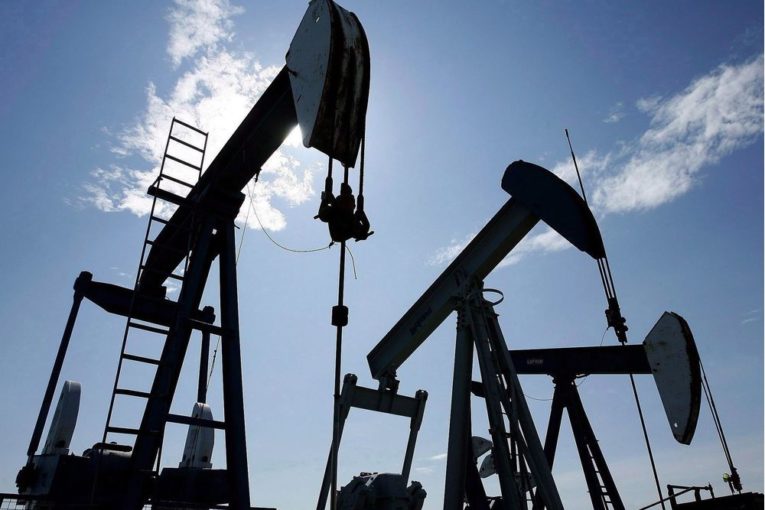
Crude rose by the most in a month as traders focus on supply risks from Canada to the Middle East.
Futures in New York advanced as much as 2.5 per cent in New York on Monday amid speculation that a Canadian oil-sands facility that supplies U.S. refineries won’t return to full production as quickly as expected. Threats elsewhere included an imminent labour strike in North Sea oil fields and Saudi Arabia’s suspension of shipments through a key Red Sea transit route.
“The Saudis said they were going to avoid the area with their shipping interests, and if that is occurring, that’s obviously supportive,” said John Kilduff, a partner at New York-based hedge fund Again Capital LLC. “Apparently the Syncrude situation is not going very well.”
Although trade tensions between the U.S. and China pushed oil lower for much of this month, Barclays Plc warned of “significant upside risk” for prices in the fourth quarter as sanctions begin to bite Iranian exports. The bank estimated U.S. measures against the Islamic Republic will crimp Iranian exports by about 700,000 barrels a day.
The dollar weakened ahead of crucial meetings by central bankers later this week, boosting the appeal of commodities priced in the U.S. currency.
Suncor Energy Inc. lowered the top end of its full-year production range as it works to bring the Syncrude oil-sands facility back online after a power outage brought the 350,000-barrel-a-day plant down last month. Output this year will be 740,000 to 750,000 barrels of oil equivalent a day, the Calgary-based company said last week.
“Geopolitical risk rose last week from left and right of the Arab Peninsula,” with the Saudi tanker attack and growing U.S.-Iran tension, said Tamas Varga, an analyst at PVM Oil Associates Ltd. in London. “An escalation of either of the conflicts would have a devastating impact on global oil supply.”
You can read more of the news on source
